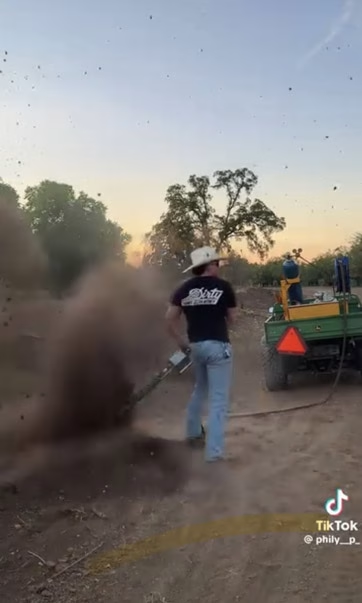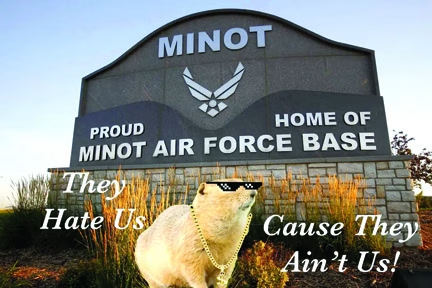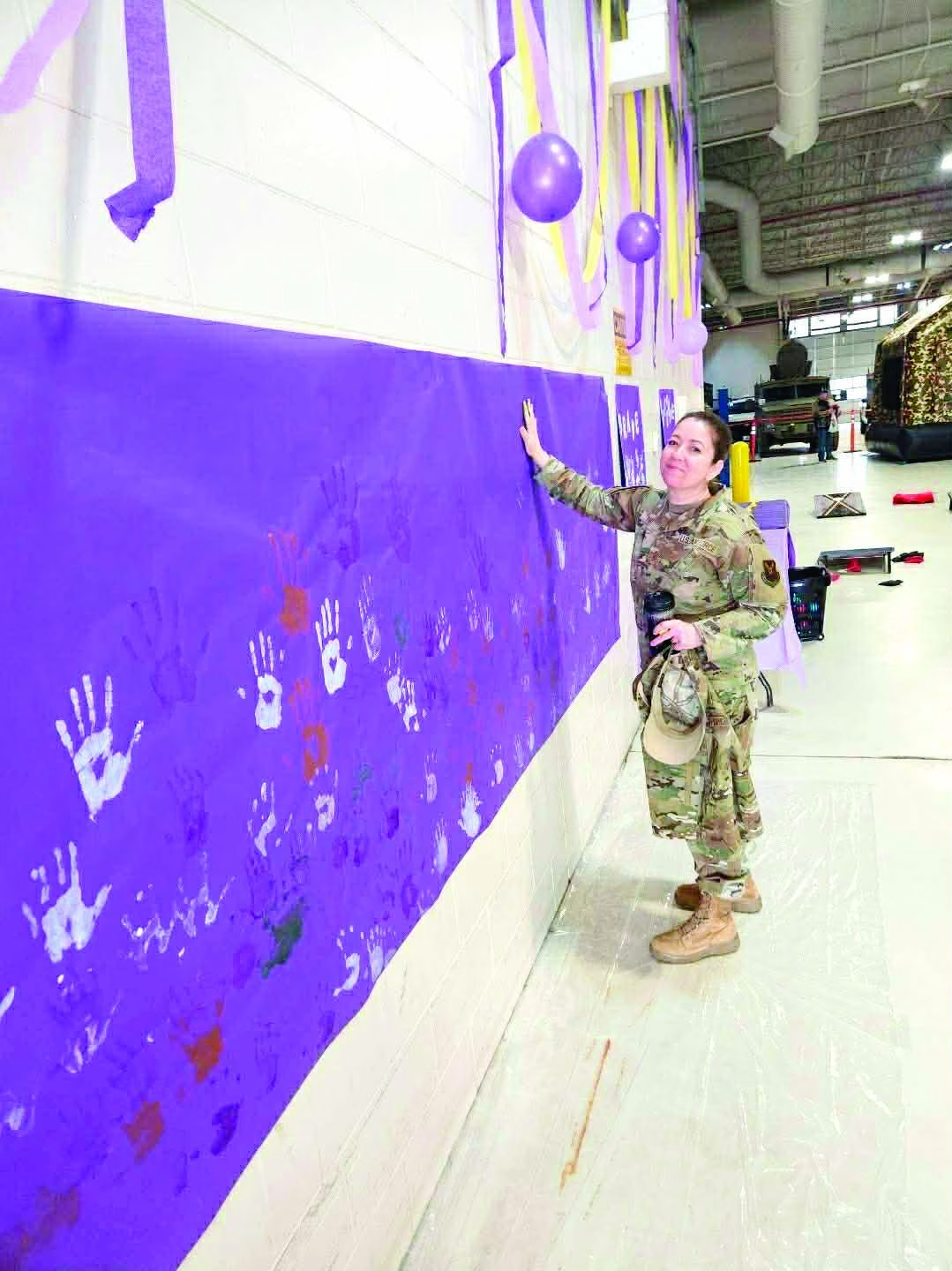
According to the Alberta Conservation Office, Richardson Ground Squirrels only spend 15% of their life above ground. But based off recent behavior on MAFB residents would not know it. Complaining about this keystone species, known colloquially as ‘dakrats’, is a right of passage for anyone who has spent a summer on MAFB.
Airfield management, safety, and security procedures that limit natural predators mean dakrats are more numerous on base. Above average winter survivability, and an active mating season have led to a natural population boom both on and off base. Many now find the situation on base untenable.
It’s more than the usual antics of digging up garden beds, booby trapping open fields with their holes, and nosediving under car tires. This year there are reports of them chewing up property to include the undercarriages of personal vehicles, biting or at least attacking humans and gathering in alarming numbers of 15+ in a single yard. Spouse Rylee Whistler’s 14 month old daughter was recently attacked by a dakrat that managed to rip a hole into her shirt before they were able to come to her rescue. She has since filed a complaint with base housing and the Minot AFB resident advocate, which she agreed to share with the Northern Sentry.
“My yard has now become dangerous in my eyes and in the eyes of my children. Not only is it a minefield from the cavernous holes, their feces are everywhere as well,” she wrote. “Our dog will get a hold of one and it pass away only for 3 more rodents to take their place. I would love to even have the opportunity to take my children to the park right behind my house… My husband picks up dead rodents from there almost daily.”

The Northern Sentry reached out to 5th Medical Group Public Health and 5th Bomb Wing Public Affairs for comment. We were assured that, “In recent years, there have been no confirmed cases [of transmitted disease] from dakrats reported on base or in the surrounding areas.” However, residents were encouraged to avoid direct contact with dakrats, dispose of them in closed containers, and to thoroughly disinfect hands, tools, and surfaces that have come in contact with them or their feces. If bitten, they should wash the wound and seek immediate medical attention.
With limited funds and means such as fogging or simply filling the holes, Balfour Beatty’s non-boom season tactics have been found wanting by those living in housing. Similarly, the often shared advice to simply water one’s yard and flood holes is now being met with skepticism… and memes. Some residents have opted to take things into their own hands, trapping dakrats by any licit means available to them – and patrolling not only their own yard but those of their neighbors. Others have offered to loan out their dogs to help clear out others’ yards. In one instance it was humorously suggested letting some of MAFB’s ‘goodest boys’ (small dog breeds with main character energy) loose on the population in a canine jubilee of epic proportions.

The MAFB Resident Advocate Samantha Mendoza saw and heard the complaints. On 19 June she reached out to the community noting that she had, “personally visited multiple homes, documented conditions, taken photos, and compiled resident concerns to brief our leadership.” Residents are encouraged to continue to send complaints and concerns her way. Members of the Air Force Civil Engineering team have also been out to assess the damage for themselves.
Leadership has taken steps to actively address this issue. On the morning of 23 June the Base’s Facebook page shared a statement that included the following: “Base leadership is aware of the noticeably increased presence of Richardson Ground Squirrels, commonly called “Dak-Rats”, in base housing and the nuisance they present to residents. The health, safety and welfare of base residents is paramount. Action has been taken to direct Minot AFB Homes to implement a more concerted effort to address the issue.”
Short term, base residents are encouraged to continue to trap the pests, put in work orders for damages, and notify housing at (701) 727-0007 of areas with increased activity. However, a more comprehensive trapping plan is also underway. Major Thomas Barger, 5th Bomb Wing Public Affairs, emphasized that units are working in conjunction with Minot AFB Homes to reallocate resources toward remediation efforts. The Pest Management Team assigned with the 5th Civil Engineering Squadron had already trapped and removed more than 130 Dakrats from base housing. Residents are advised to stay clear of these traps.
Team Minot can look forward to continued updates from the base regarding progress against these tiny, rodent overlords. Perhaps this ‘Dak Rat summer’ marks the beginning of a shift back in favor of the men and women who live and work on Minot AFB. Regardless, we’ll always have the memes.












